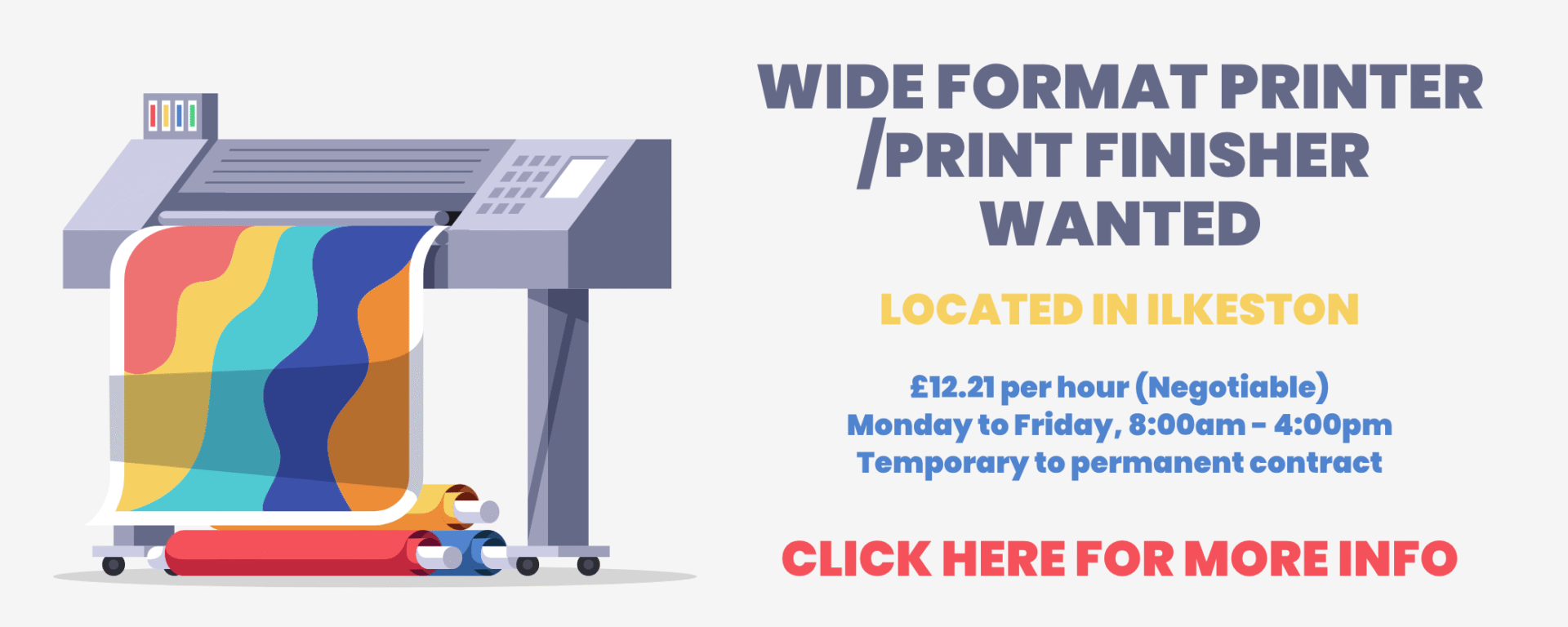
On average, employers spend about 5 to 7 seconds initially scanning a CV
This brief glance allows them to quickly assess whether the CV merits further attention.
A well-crafted CV is crucial in making a positive impression on potential employers. However, sometimes less is more. By removing certain elements from your CV, you can create a more focused and impactful document that highlights your most relevant qualifications. In this blog post, we’ll explore key components to consider removing from your CV to make it stronger and more effective.
1. Irrelevant or outdated work experience:
To ensure your CV remains concise and targeted, remove any work experiences that are not directly relevant to the position you’re applying for. Additionally, if you have extensive work history, it’s generally advisable to exclude experiences from many years ago. Focus on showcasing your most recent and applicable roles, emphasising achievements and responsibilities that align with the desired position.
2. Objective statements:
Traditionally, CVs included objective statements, but modern trends have shifted towards professional summaries or profiles. Instead of a generic objective statement, utilise a concise professional summary to capture attention. Highlight your key strengths, experiences and goals, giving employers a clear snapshot of your professional identity and what you bring to the table. Remember to tailor every CV to the exact position you are applying for.
3. Generic skills
Avoid including generic skills that fail to provide specific value. Phrases like “excellent communication skills” or “team player” are overused and lack impact. Instead, focus on substantiating your skills with concrete examples and achievements. Highlight specific instances where your skills were applied effectively or resulted in significant outcomes.
4. School information (for experienced professionals)
Unless you’re a recent graduate or have limited work experience, it’s generally unnecessary to include school information. Employers are primarily interested in your higher education and relevant professional experiences. Directly showcasing your university degrees, certifications, and relevant training will be more valuable.
5. Personal details
CV’s do not need to include personal details such as your marital status, date of birth, or a photograph. These details are often irrelevant to the hiring process and can introduce biases. Instead, focus on providing your name, contact information, and professional social media profiles, such as LinkedIn, that showcase your qualifications and accomplishments.
6. Excessive detail or lengthy descriptions
Long paragraphs and excessive detail can overwhelm employers and make it challenging to extract essential information quickly. Make sure your CV is a clean and organised layout, using bullet points and concise statements to highlight your achievements and responsibilities. Emphasise on specific contributions and results that demonstrate your skills and capabilities effectively. Remember that most employers will skim read through applications to quickly find key information in your application.
7. Irrelevant awards or accomplishments
Including awards or accomplishments that don’t provide any benefit to the position you are applying for isn’t the best way to showcase yourself as a potential candidate, only focus on the awards or accomplishments that will aid you in this particular role.
8. Inappropriate email addresses
When applying for work, you should be using a professional email address, that ideally includes a variation of your real name.
To create a stronger and more impactful CV, removing certain elements is crucial. By eliminating irrelevant experiences, generic statements, and excessive details, you can focus on presenting a tailored CV to the specific requirements of the role. Remember, tailoring your CV to each specific job application and highlighting your unique strengths and accomplishments will significantly enhance your chances of securing that desired position.
A CV is the first impression an employer is going to receive and make an opinion about your character. If an employer feels your CV isn’t well thought out, this will give the impression that you haven’t made a lot of effort towards applying for this position and they will likely feel that you aren’t going to be the right person to step into that role. Your CV is going to determine whether you make it to the next stage in the application, so make sure when you send your CV over you are confident it is reflecting the person you want to communicate to the employer.
If you are currently seeking work and would like to have a chat with your local Essential office, please add your details into the below form and a Consultant will be in touch within 3 working days.


